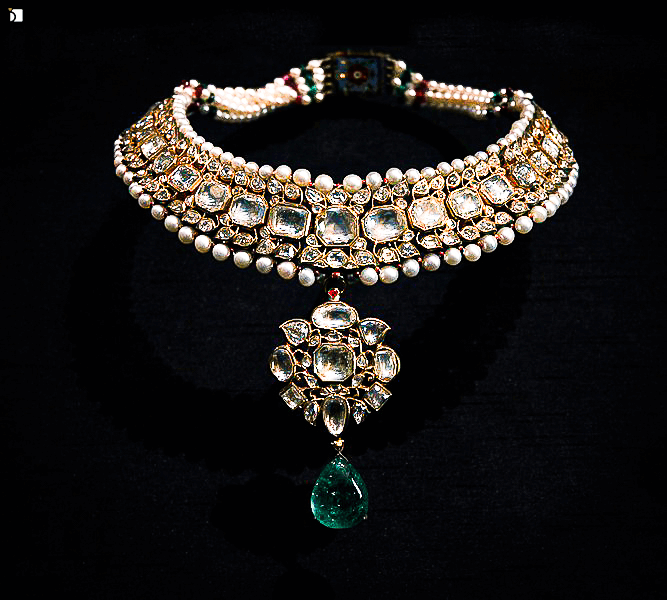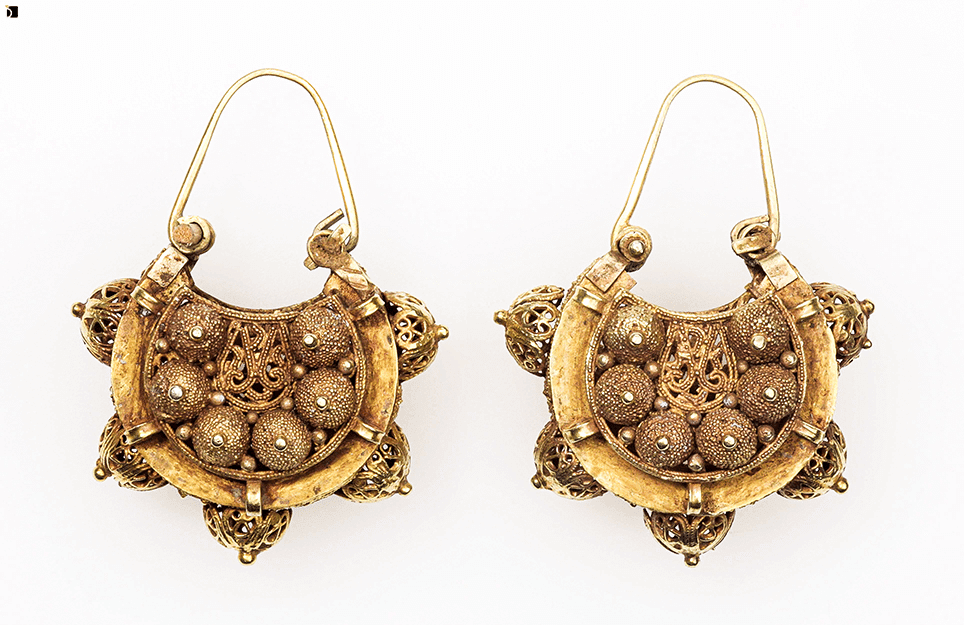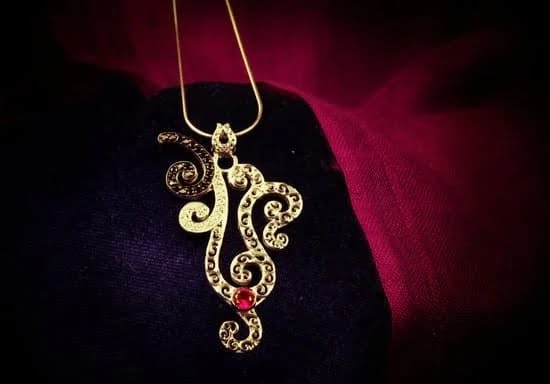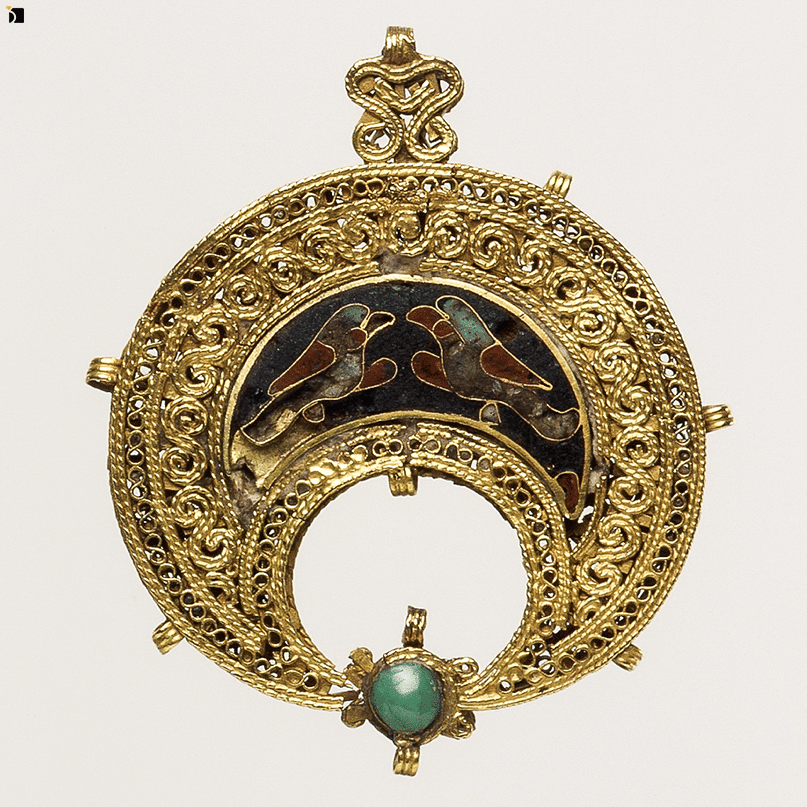The Islamic Perspective On Men Wearing Jewelry: A Comprehensive Exploration
The Islamic Perspective on Men Wearing Jewelry: A Comprehensive Exploration
Related Articles: The Islamic Perspective on Men Wearing Jewelry: A Comprehensive Exploration
Introduction
With great pleasure, we will explore the intriguing topic related to The Islamic Perspective on Men Wearing Jewelry: A Comprehensive Exploration. Let’s weave interesting information and offer fresh perspectives to the readers.
Table of Content
The Islamic Perspective on Men Wearing Jewelry: A Comprehensive Exploration

The question of whether men are permitted to wear jewelry in Islam is a complex one, with varying interpretations and practices across different cultures and sects. While there is no explicit prohibition in the Quran against men adorning themselves with jewelry, the issue is often addressed through interpretations of hadiths (sayings and actions of the Prophet Muhammad), cultural norms, and the broader principles of Islamic modesty.
Understanding the Islamic Perspective:
The Quran, the central text of Islam, does not explicitly forbid men from wearing jewelry. However, it does emphasize modesty and the avoidance of extravagance in both clothing and adornment. For example, Surah Al-A’raf (7:31) states: "O Children of Adam! Wear your beautiful apparel at every time of prayer, and eat and drink, but be not extravagant. Indeed, He does not love the extravagant."
This emphasis on modesty and avoiding extravagance is further reflected in the hadiths, which offer a more nuanced understanding of permissible adornment. Some hadiths, like the one narrated by Abu Huraira (may Allah be pleased with him), suggest that the Prophet Muhammad (peace be upon him) discouraged men from wearing gold rings. However, other hadiths mention that he himself wore a silver ring.
Interpretations and Practices:
The interpretation of these texts and the application of Islamic principles regarding jewelry vary widely. Some scholars emphasize the principle of modesty and argue that excessive jewelry for men is inappropriate, while others focus on the context of the hadiths and the distinction between permissible and excessive adornment.
In many Muslim cultures, men traditionally wear jewelry such as rings, bracelets, and necklaces, often with religious significance or cultural symbolism. These adornments are typically made of silver or other non-precious metals, reflecting the Islamic principle of avoiding extravagance. However, in some communities, the wearing of jewelry by men is discouraged or even considered taboo.
Key Considerations:
When considering the permissibility of men wearing jewelry in Islam, several key factors need to be taken into account:
- The type of jewelry: The material, design, and overall appearance of the jewelry are important considerations. Gold, for example, is often associated with luxury and extravagance, while silver is generally considered more modest.
- The intention behind wearing jewelry: The purpose for wearing jewelry is crucial. If the intention is solely to adorn oneself for vanity or to attract attention, it may be considered inappropriate. However, if the intention is to express religious faith, cultural identity, or simply personal preference, it may be more acceptable.
- Cultural context: Different Muslim communities have varying norms and traditions regarding men’s jewelry. It is essential to be aware of the prevailing cultural context and to avoid practices that may be considered offensive or inappropriate within a particular community.
Benefits of Wearing Jewelry:
While the Islamic perspective on men’s jewelry primarily focuses on modesty and avoiding extravagance, there are potential benefits associated with wearing jewelry in a moderate and appropriate manner:
- Religious expression: Some jewelry pieces, such as prayer beads or rings with religious inscriptions, can serve as a reminder of faith and a symbol of devotion.
- Cultural identity: Jewelry can be a way to express cultural heritage and connect with one’s community.
- Personal expression: Jewelry can be a form of self-expression, allowing individuals to showcase their personal style and preferences.
FAQs:
1. Are there any specific types of jewelry that are forbidden for men in Islam?
While there is no explicit prohibition on specific types of jewelry, gold is generally discouraged for men due to its association with extravagance and luxury. Silver and other non-precious metals are generally considered more appropriate.
2. Is it permissible for men to wear earrings in Islam?
The permissibility of men wearing earrings is a matter of debate. Some scholars argue that it is acceptable, while others consider it inappropriate. The Quran does not explicitly address earrings, but the principle of modesty and avoiding extravagance should be considered.
3. Can men wear jewelry with gemstones in Islam?
Gemstones in jewelry are generally not forbidden in Islam, but their use should be moderate and avoid extravagance. The intention behind wearing jewelry with gemstones is important. If it is purely for vanity or to attract attention, it may be considered inappropriate.
4. What are the implications of wearing jewelry that is considered excessive or inappropriate?
Wearing excessive or inappropriate jewelry may be considered a violation of Islamic principles of modesty and avoiding extravagance. It can also be viewed as a form of ostentation or a way to seek attention, which is discouraged in Islam.
Tips:
- Consider the intention: Ensure that the intention behind wearing jewelry is not solely for vanity or to attract attention.
- Choose modest and appropriate designs: Opt for jewelry that is simple, elegant, and avoids excessive ornamentation.
- Be mindful of the cultural context: Be aware of the prevailing norms and traditions in your community regarding men’s jewelry.
- Seek guidance from religious scholars: If you have any doubts or concerns about the permissibility of wearing jewelry, consult with a knowledgeable Islamic scholar for guidance.
Conclusion:
The Islamic perspective on men wearing jewelry is complex and nuanced. While there is no explicit prohibition in the Quran, the issue is often addressed through interpretations of hadiths, cultural norms, and the broader principles of Islamic modesty. The key considerations are the type of jewelry, the intention behind wearing it, and the cultural context. By adhering to the principles of modesty and avoiding extravagance, men can choose to wear jewelry in a manner that aligns with Islamic teachings and their own personal values.





Closure
Thus, we hope this article has provided valuable insights into The Islamic Perspective on Men Wearing Jewelry: A Comprehensive Exploration. We hope you find this article informative and beneficial. See you in our next article!
